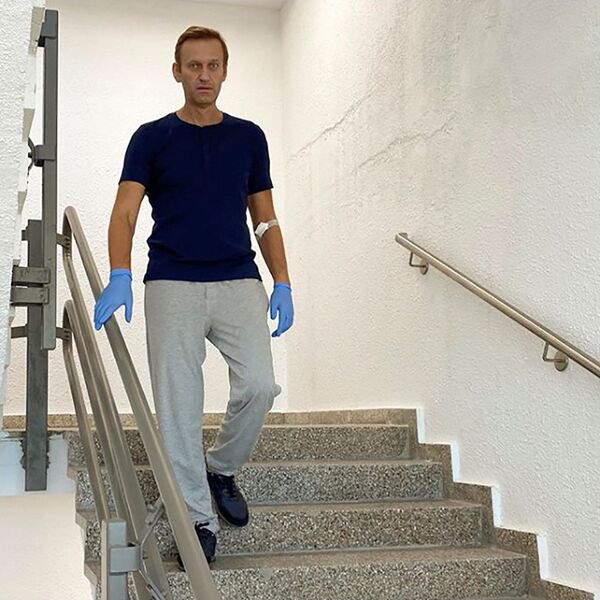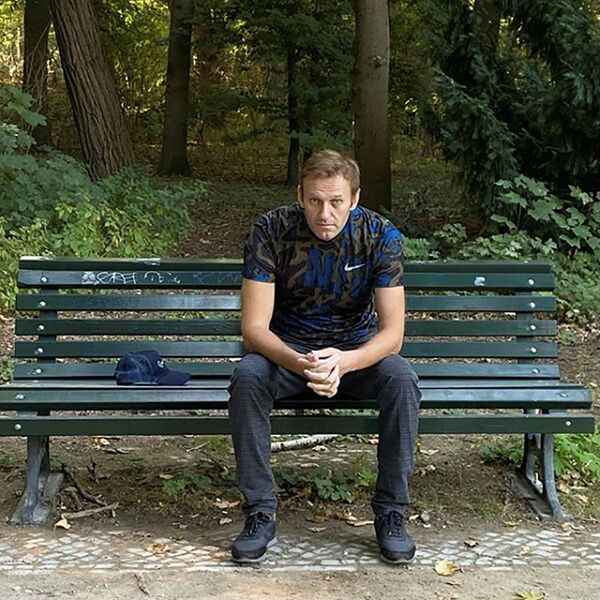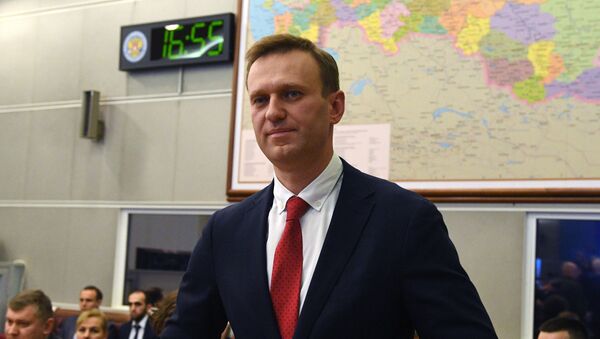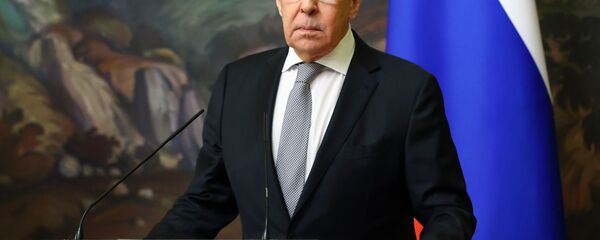The EU has unveiled its Navalny sanctions list, which includes six high-level Russian officials, as well as one research institute over their purported and so-far unproven role in the alleged poisoning of the Russian opposition figure. The UK Foreign Office later in the day announced that it would join the new EU sanctions against Russia, condemning the latter for its alleged "reckless and malign behaviour".
"The use of chemical weapons constitutes a serious breach of international law. The European Council called upon the Russian Federation’s authorities to fully cooperate with the Organisation for the Prohibition of Chemical Weapons (OPCW) to ensure an impartial international investigation and to bring those responsible to justice", the Official Journal of the EU stated despite the OPCW previously noting that the chemicals allegedly found in Navalny's blood are not included in the list of prohibited chemical weapons.
First Deputy Chief of Staff of the Russian Presidential Executive Office, Sergei Kiriyenko, Director of the Federal Security Service Aleksandr Bortnikov, and two Deputy Ministers of Defence, Pavel Popov and Aleksei Krivoruchko ended up on the list of EU sanctions, which come into effect on 15 October.

In addition to them, Brussels introduced sanctions against the Chief of the Presidential Domestic Policy Directorate, Andrei Yarin, Plenipotentiary Representative of the Russian President, Sergei Menyailo, and the State Scientific Research Institute for Organic Chemistry and Technology (GosNIIOKhT). The EU claims that the research centre was responsible for the creation of the military-grade nerve agent Novichok, allegedly used against Navalny, and added that GosNIIOKhT had failed at its task of destroying the stockpiles of chemical weapons Russia inherited from the Soviet Union.
Brussels also claims that these officials are to a certain degree responsible for Navalny's alleged poisoning or purported previous "harassment and repression".
Navalny’s Alleged Poisoning
Russian opposition figure Alexei Navalny fell gravely ill during a domestic flight on 20 August and was rushed to an Omsk hospital after an emergency landing in the city. The doctors managed to save his life and stabilise his condition, although the activist fell into a coma. Medics there also ran tests on his blood and urine amid claims of the activist having been poisoned, but found no traces of chemicals proving such a theory.

Two days after his hospitalisation, Navalny was transferred to the Charite clinic in Germany at the behest of his family. Doctors there found traces of acetylcholinesterase inhibitors in his blood, which are used among other things in a number of medicines. Over a week after his arrival at Charite, German authorities claimed on 2 September that their military laboratories had determined that Navalny was poisoned with a military-grade nerve agent from the Novichok group.
The Organisation for the Prohibition of Chemical Weapons (OPCW) later ran a separate test of Navalny's blood, stating in its conclusion on 6 October, that the cholinesterase inhibitors found are similar to Novichok agents, but are not on the list of prohibited chemicals.
Berlin accused the Russian authorities of being responsible for that and demanded an "explanation" from Moscow. Personnel at the Charite clinic never seconded the German authorities conclusion. However, after coming out of a coma on 7 September, the opposition politician gave an interview to the German magazine Der Spiegel, in which he also accused the Kremlin of being behind the alleged poisoning.
Moscow strongly denied the accusations, indicating that Russian doctors found no traces of dangerous chemicals in his blood, and sent numerous requests to Berlin to provide the results of its laboratories' tests, all of which went unanswered. The Russian authorities later condemned Germany's silence, adding that it will not be able to conduct an investigation into the Navalny case without evidence proving he was actually poisoned. The Kremlin also blasted the EU and other western states' discussions of new sanctions with regard to the Navalny case, accusing them of using the alleged poisoning as a pretext to implement new punitive measures against Russia. Moscow promised to respond in kind to any new sanctions.






